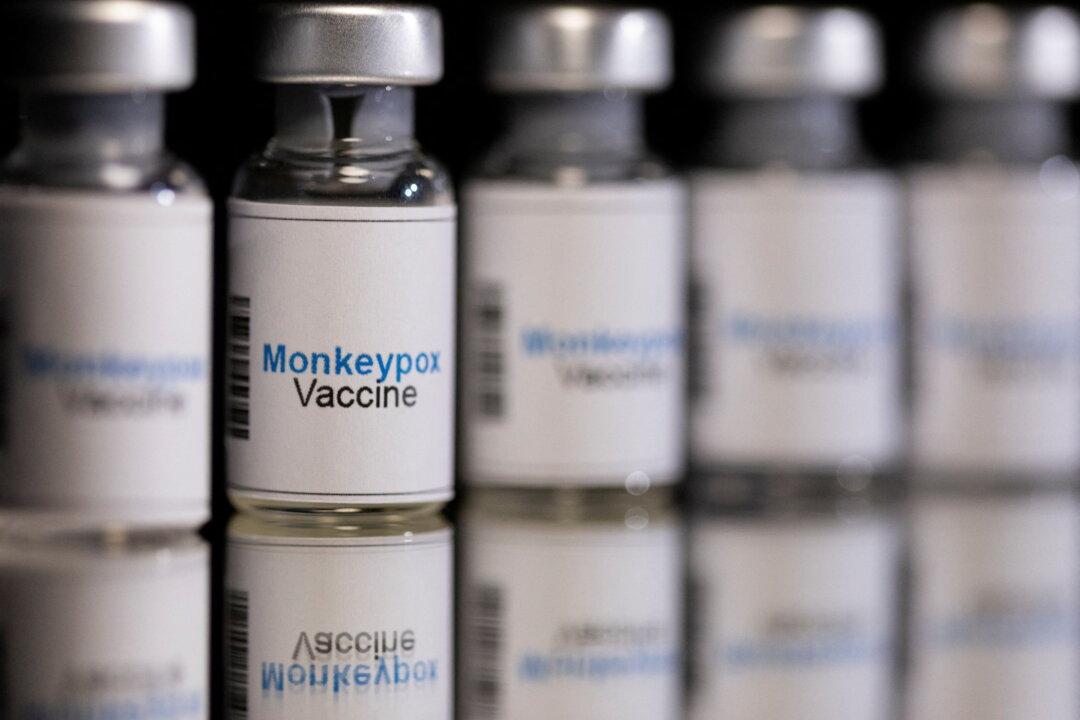The White House is facing criticism for its failure to secure the stockpile of JYNNEOS monkeypox vaccines it owns in Denmark.
A June 28 letter sent to the commissioner of the U.S. Food and Drug Administration (FDA) and the Assistant Secretary of Health and Human Services (HHS) for Preparedness and Response pointed out that Americans have spent $2 billion since 2007 to “develop, manufacture, and stockpile” doses of the JYNNEOS vaccine as part of a federal security program.





